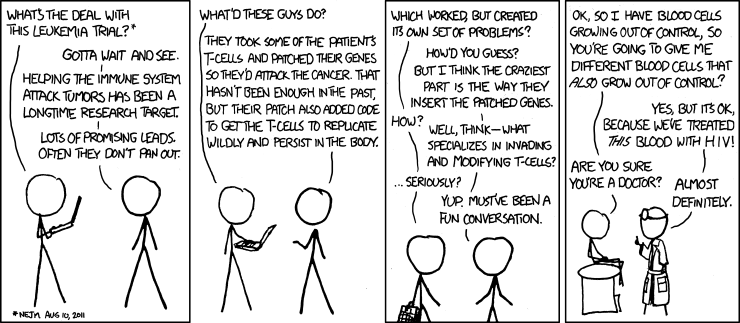I recently finished
Symbols of Freemasonry by Daniel Beresniak. An interesting read, is perhaps the best way I can describe it. It was stumbled upon in a Hastings, used, for sale. I bought it cheap, not knowing exactly what to expect. Well, now that I've finished it, I'm rather glad I bought it on sale.
The book suffers from two problems that make it somewhat difficult to digest. The first is the background of the author. He is a French Mason, and French Masonry has a very distinct perspective and flavor to it. I dug around a bit on the internet, trying to find out which governing body in France he belongs to, the Grand Orient of France or the Grand Lodge of France, but haven't come up with an answer. (The former being irregular, the latter being recognized by the UGLE. I strongly suspect the former from the tone of the book, but can't be sure.)
Anyway, many of the organizations and symbols he references are peculiar to French/European Masonry, and wouldn't be immediately recognizable to an American Mason. If a non-Mason were to read the book, then join an American lodge, things would simply not quite be what he was expecting. For example, there are many more references to alchemical meanings in the book than you will run across in most American Freemasonry. Some things, like the references to the Chamber of Reflection, and the Rectified Scottish Rite, and almost non-existent in American Masonry. I'm only familiar with them from an extensive bit of reading on my part. And other subjects, such as the Lodge of Adoption and Co-Masonry, are almost antithetical to American Masonic traditions, and would certainly set up the wrong expectations.
Conversely, while he does discuss many traditions that are peculiar to Continental Freemasonry that American Masons wouldn't recognize, he also doesn't include any information on major Masonic Institutions in America. There is barely a mention of the York Rite at all in the book, which is one of the major appendant bodies in American Masonry. Likewise, the Allied masonic degrees, a smaller, but nevertheless ubiquitious group of degrees conferred in the United States, are conspicuously absent. While this is no sin, as he is a French Mason, perhaps a more apt title would be "Symbols of French Freemasonry." Perhaps that was the original title, and it was an editorial choice to change it when a translation was made? Either way, to paint the book as a broad overview of general Masonic symbols is inaccurate, as it's more specifically a regional title, truly.
The second major fault in the book is, frankly, some of his interpretations of the symbols. I won't harp too much on this, as one of the beauties of Freemasonry is the fact that, because it's teachings are taught through symbols, there are endless ways to interpret them, and endless connections to be made, allowing ever increasing depths of study. While most of the symbols have one generally accepted meaning, there are sometimes secondary meanings, tertiary meanings, and beyond. Symbolism, by definition, is open to interpretation, and I won't begrudge the author his own interpretation of Masonic symbols.
However, all of that said, many of his interpretations as recorded in the book are not interpretations I would reach myself in many cases. Often times, even in the explanations I found enlightening, they wouldn't necessarily be my first choice to publish in a book that could be someone's first encounter with Masonry. he often grasps at the most obscure references and connections possible in the symbolism, building a delicate house of cards on linguistic connections that are circumstantial at best. Frankly, sometimes his 'connections' weren't even that, at times. Sometimes they were just wild leaps of preference. Which, I suppose, at the end of the day, interpretation does have a good bit of generous give. But it can only be so generous.
All that said, the book isn't without worth, not even 'bad' in any sense. It's simply targeted towards a particular audience, and I think the average American, or even the average American Mason, isn't that audience. For all of its obscure connections, I will say there are some absolutely beautiful pictures and illustrations within the book of Masonic artifacts that you could have trouble finding elsewhere. Its visual impact is stunning, and it does do an excellent job of providing pictorial references, that both show the great similarities between French and American Masonry, and yet at other times highlight the differences.
So for those looking for a good, broad introduction to Masonry, particularly Masonry in America, I can confidently say this book is not for you. It's a highly intellectual study of symbolism that is often peculiar to French Masonry. There is even a warning as much in the Preface. However, if you are looking to expand your Masonic library, or perhaps are an American Mason trying to find a new, outsider perspective on Freemasonry, illuminating certain aspects of the symbolism not stressed much in American lodges, then you ought to look into this book as a valuable purchase. Its biggest strength is also its greatest detractor, that is, its perspective. Not a bad book by any means, but you need to know what you're purchasing before rushing off to buy it.



